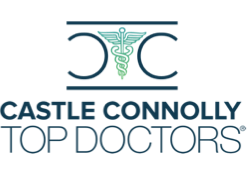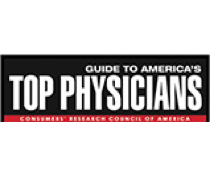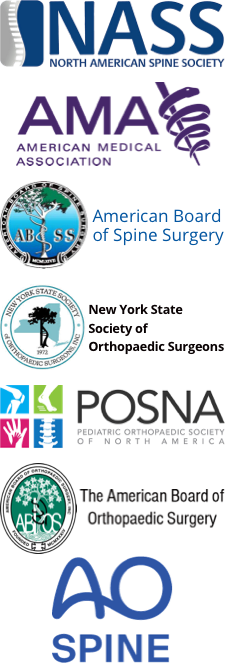A controversial topic has been dominating headlines recently, and is an important issue that I’d like to discuss. It’s the phenomenon known as the “July Effect” – the notion that being admitted to a teaching hospital in July, the month in which medical students begin residency, will increase the risk of poor patient care and medical errors. With this uptick in concern, numerous articles have been published about the topic and rightfully disprove the claim, including research from The Journal of Neurosurgery: Spine and The Mayo Clinic.
In my opinion, the July Effect is absolutely false. The Journal of Neurosurgery: Spine found that among the sicker, high-risk patients who had more illnesses and higher rates of mortality, there was no difference in any outcome of patients admitted in July compared to those admitted in another month. Jennifer S. McDonald, a researcher in the radiology department at the Mayo Clinic, made the poignant argument that “if there really was a July effect, we would expect it to manifest in these patients.” I agree.
Let’s look at spinal surgery specifically – a practice that is immensely delicate and technically demanding. At Mt. Sinai Hospital, on my service, the residents are closely supervised at all times. In the operating room, the residents do appropriate level tasks under direct observation, commensurate with their skill level and level of training. Anything that is more complex is done directly by my self.
Additionally, Mt. Sinai’s layered, hierarchal structure utilizes numerous check points to ensure patients are receiving the best care from admittance to recovery. These check points provide our residents with continuous feedback and direction so they can fine-tune and ultimately perfect their practice. My entire staff, from a senior resident to an experienced nurse practitioner, is dedicated to eliminating pain, and administering the upmost care to each patient at the facility. In my personal experience, I have not seen one instance of a patient receiving poor care pre or post-surgery. Subpar care is simply unacceptable.
I look forward to advances in spinal patient care and the increasing quality of residents admitted to each hospital program. We are fortunate at Mt Sinai to have some of the best and brightest medical students enter our Orthopedic Spine Program. This all helps us continue to debunk speculation regarding the July Effect and one day it will undoubtedly come to an end.










